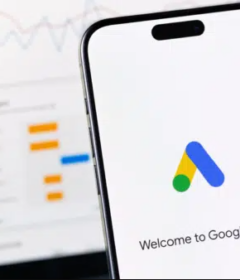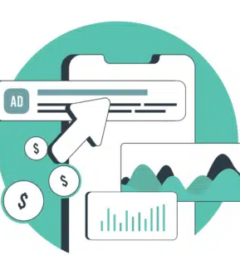The most memorable Google algorithm updates of all time

Panda, Penguin and the Florida updates still loom large. What you can learn from their history.
In my keynote during our virtual SMX Next last month, I covered the past 20 years of Google algorithm updates and what SEOs need to focus on in the future. I later hosted a panel with a few veteran SEOs to discuss Google algorithms, including their most memorable Google updates.
Panda vs. Florida updates
The two Google algorithm updates that really stood out for the panel were the Google Panda update from 2011 and the Google Florida update from 2003. Both of these updates really shook the SEO space and shaped the future of how SEOs practiced.
While the Florida update was the first big Google algorithm update that caused many web sites to go belly up, it would not be the last. Florida was a clear message from Google that using SEO techniques to manipulate its search results could come with consequences. Google has fought against blatant manipulation tactics every day since.
“Florida was the one the updates that’s just that is going to go down forever as one of the things that started to change the face of SEO,” Todd Friesen, director of digital strategy & SEO at Salesforce said. Todd added “nothing-nothing on that scale had ever happened” with Google prior to that. Todd equated it to when “Death Star blew up Alderaan, and you know, all the voices of the SEOs that cried out were silenced,” he said. “That was Florida.”
The Panda update took things up yet another notch. SEOs would target long-tail keywords with a lot of variations of content pages. After Panda, Google showed that it didn’t want low-quality unique content pages with subtle differences between a blue medium-sized widget and a red medium-sized widget.
The content strategies SEOs devised for years prior went out the window. “I think was it was a good thing for the universe, I’m not gonna pretend it wasn’t,” Carolyn Shelby, manager of SEO at ESPN said. It was probably as big as Florida, she said.
Eric Wu, VP of product growth at Honey Science, says Panda was the most memorable for him. He was working at Demand Media then and he said, “I think we went from like a billion-dollar market cap to like six hundred million dollar market cap overnight.”
Don’t forget Penguin
Although Penguin was not mentioned in the talk, I think most in the SEO industry would put Penguin right up there in terms of Google search algo updates that had a massive impact.
Link building, up until Penguin, was a pretty aggressive tactic some SEO firms used. Penguin put some SEO companies that were almost fully vested in link building at scale, and often with little focus on quality, out of business.
Penguin may have had a relatively small impact in the percentage of search results changed — about 3% of results changed, compared to Panda’s impact on almost 12% of results — but it sent a ripple through the SEO industry.
Ongoing iterations and lessons from history
Panda, Penguin and the many Core updates have had multiple iterations. Core updates now happen every few months with tweaks in-between.
It is hard to say which was the most memorable update, but I think most SEOs who have been doing SEO for a while would never forget Florida, Panda or Penguin updates. Do Core updates or an unconfirmed “Phantom” update stand out? It depends on if what you were working on at the time was impacted by it.
We are still just starting to see and understand the broader implications of Rank Brain, neural matching and natural language learning on search results and SEO.
We can learn a lot by looking back at the history of SEO and Google algorithm updates. Make sure you don’t put all your eggs in one basket, as they say. That means, don’t only do link building or only do content development or only do technical SEO in your SEO tactics. It also means don’t rely only on Google search to send you traffic, look to diversify.
And as I’ve said many times, you can stay two steps ahead of the Google algorithm updates by understanding what it values and doesn’t. Make sure your site is what future Google algorithm updates want to rank for its users.




